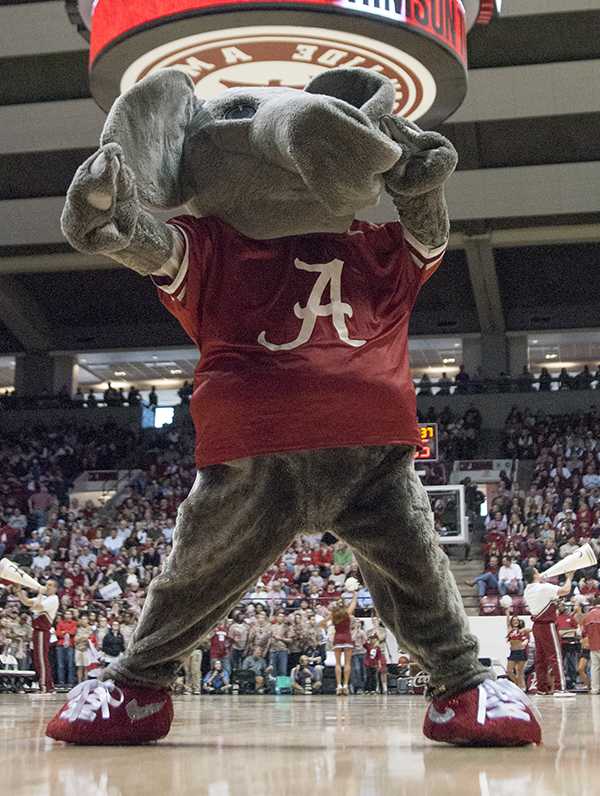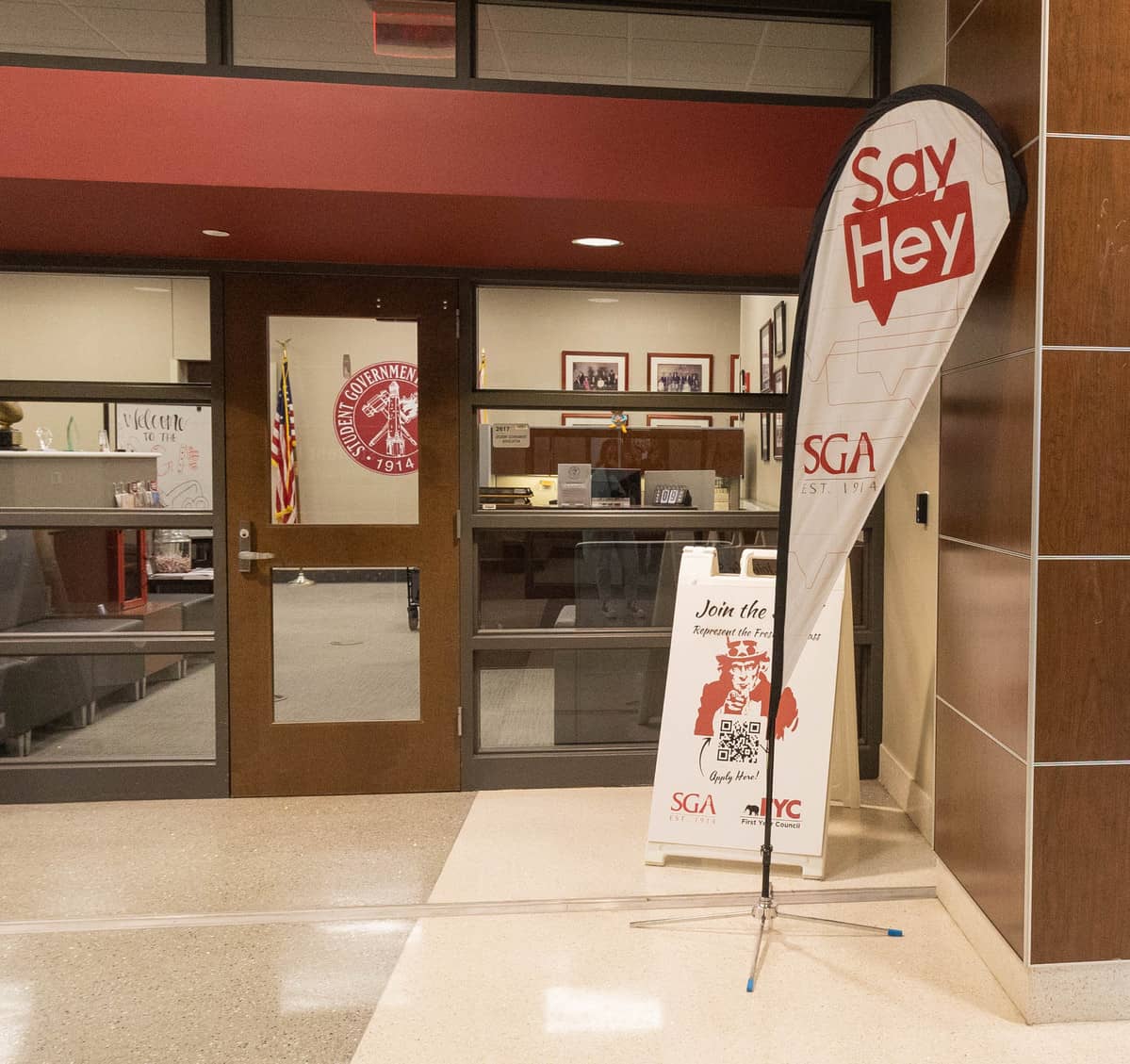For those interested in learning more about Big Al’s elephant family, the Honors College is offering a Spring II seminar course all about our famous pachyderm and his friends.
The course, UH 120-326, “Tide for Tusk,” allows the students to use networking and social media tools to raise awareness of elephant poaching and to develop a plan for starting a mascot conservation program. Students in the class earn one hour of Honors credit.
According to the Tide for Tusk official website, the population of elephants on the plains of Africa was estimated to be between five and 10 million in 1930. Today, there are fewer than 500,000 left in the wild. According to the World Wildlife Fund, it is possible that the elephant could be extinct in Africa in our lifetime.
The course was developed after many discussions about starting a mascot conservation program at The University of Alabama, using its mascot to raise awareness for the rapid rate of decline for the African elephant. After meeting with members of faculty, staff and administration, it was determined that the best way to get the students involved was to arrange the movement as a class, said Randall Mecredy, a professor in the Honors College, who will teach the course.
During the course, students will work on various projects they select to develop a plan for engaging students, faculty, staff and the community in a mascot conservation program. Their plans will incorporate many aspects of marketing, including fundraising, promotion, branding and outreach. The projects will be presented at the end of the semester and will be open to anyone interested in the outcome.
“I am excited that the University opened a course which provides us an opportunity to deeply learn the ecosystem,” said Bella Zhang, a junior majoring in accounting. “Meanwhile, I believe by the end of the course, I will know the role I act in the entire system and how I can be a better one to protect animals.”
By the end of the course, students will be able to identify social justice issues and environmental challenges of hunting, poaching and trafficking of wildlife. They will be able to describe at a general level the purpose and benefits of establishing a mascot conservation program.
“Protecting a species simply because it is a popular mascot is not a valid reason for setting conservation priorities,” Mecredy said. “However, our university mascot qualifies as a ‘flagship species’ for attracting support of conservation efforts. We all recognize Big Al.”
For registration, Mecredy will interview each student for approval of participation in this course.







